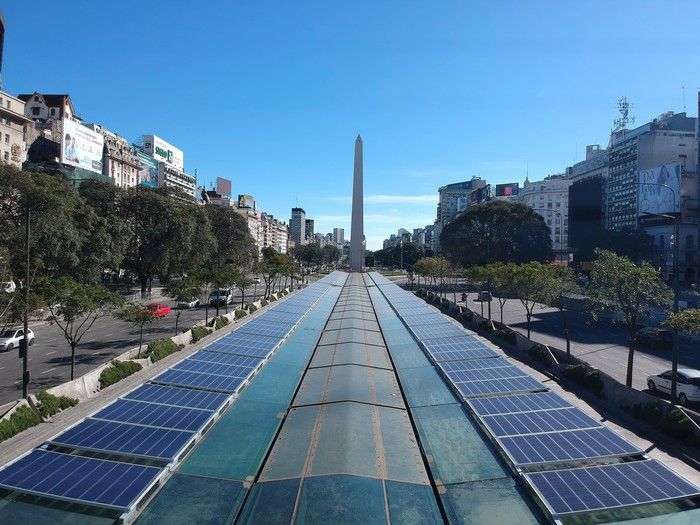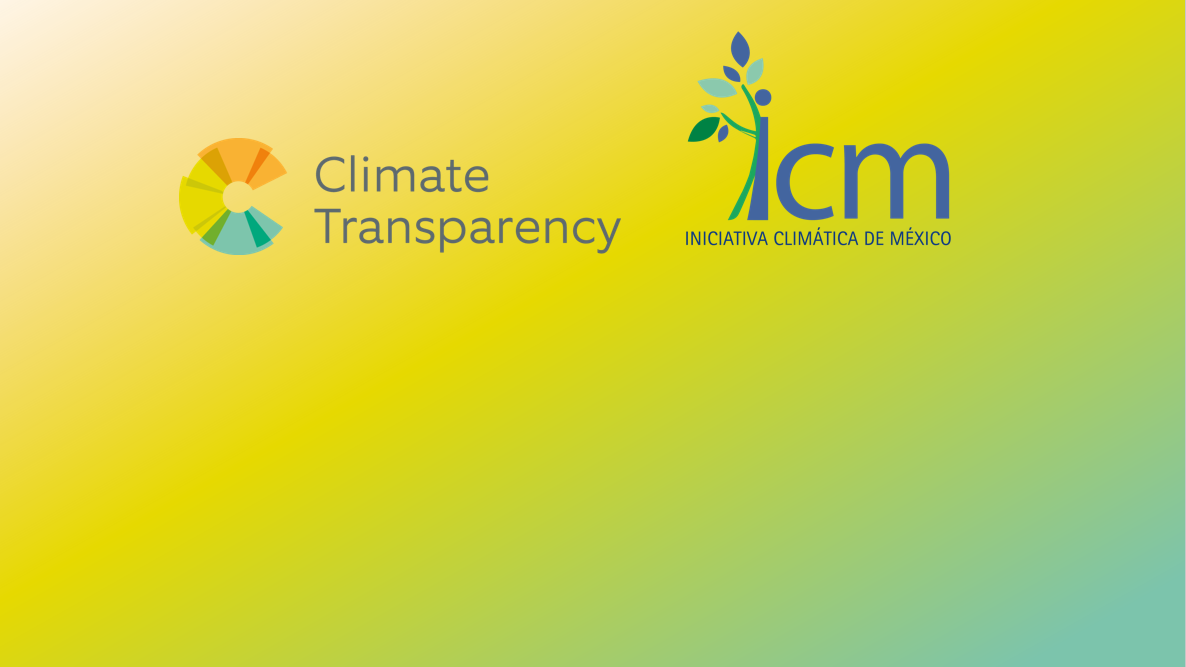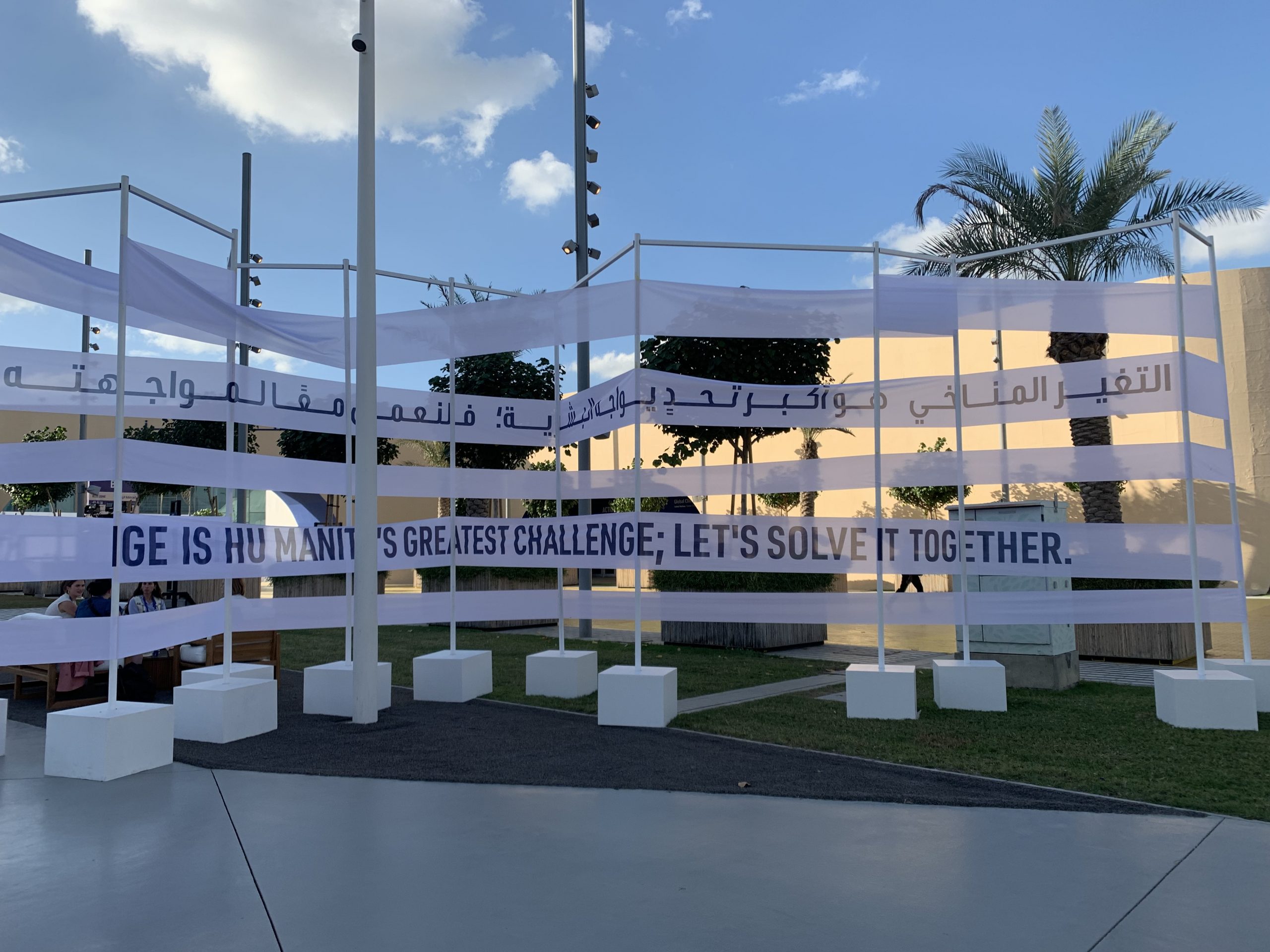Argentina took over the G20 Presidency on 1 December 2017 with three agenda priorities:
1) the future of work; 2) infrastructure for development; and 3) a sustainable food future. Climate change affects and is affected by each of these priorities and thus must be an important focus for working groups under the Sherpa and the Finance Tracks this year.
This briefing paper provides an overview of the G20 working structure and agenda items relating to climate action, sustainable finance and infrastructure development under Argentina’s G20 Presidency. It presents specific options for G20 action and ambition in 2018.
The paper’s intended target audience is policy makers involved in the G20 process who are working on issues related to climate action, sustainable finance and infrastructure development, and stakeholders from think tanks, business and civil society who strive to engage in G20 advocacy work.
Key Messages
- Infrastructure for development: G20 countries still provide large amounts of public finance for high-carbon infrastructure that is economically and environmentally unsustainable. This investment must be completely shifted to sustainable and low-carbon infrastructure. The G20 finance track must establish common definitions and benchmarking criteria to focus investment on low-carbon and climate-resilient infrastructure.
- Energy transitions: G20 countries provided US$ 230 billion in subsidies to coal, oil and gas in 2014. The G20 has committed to end fossil fuel subsidies every year since 2009. It must now commit to a specific phase-out date – ideally in line with the G7 deadline of 2025. The G20 Energy Transitions Working Group should also convene a dialogue on carbon pricing to support the full decarbonisation of energy systems by 2050.
- Long-term low emission development: Several G20 countries have not yet prepared a long-term low emission development strategy for submission to the United Nations Framework Convention on Climate Change (UNFCCC). The G20 Climate Sustainability Working Group should push for accelerated timelines for drafting and submitting long-term strategies before 2020, including the goal of achieving zero emissions from the energy sector by 2050.






